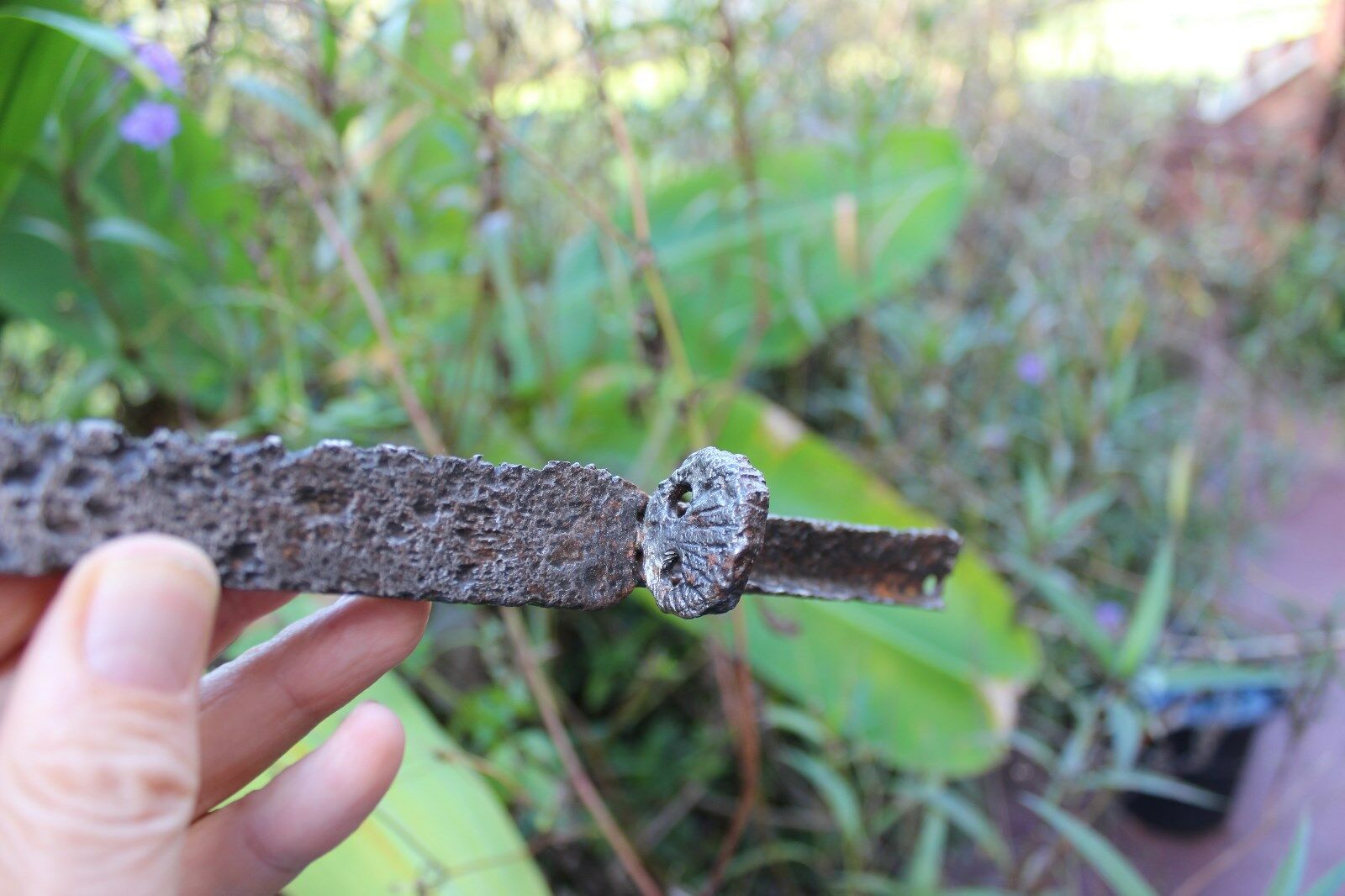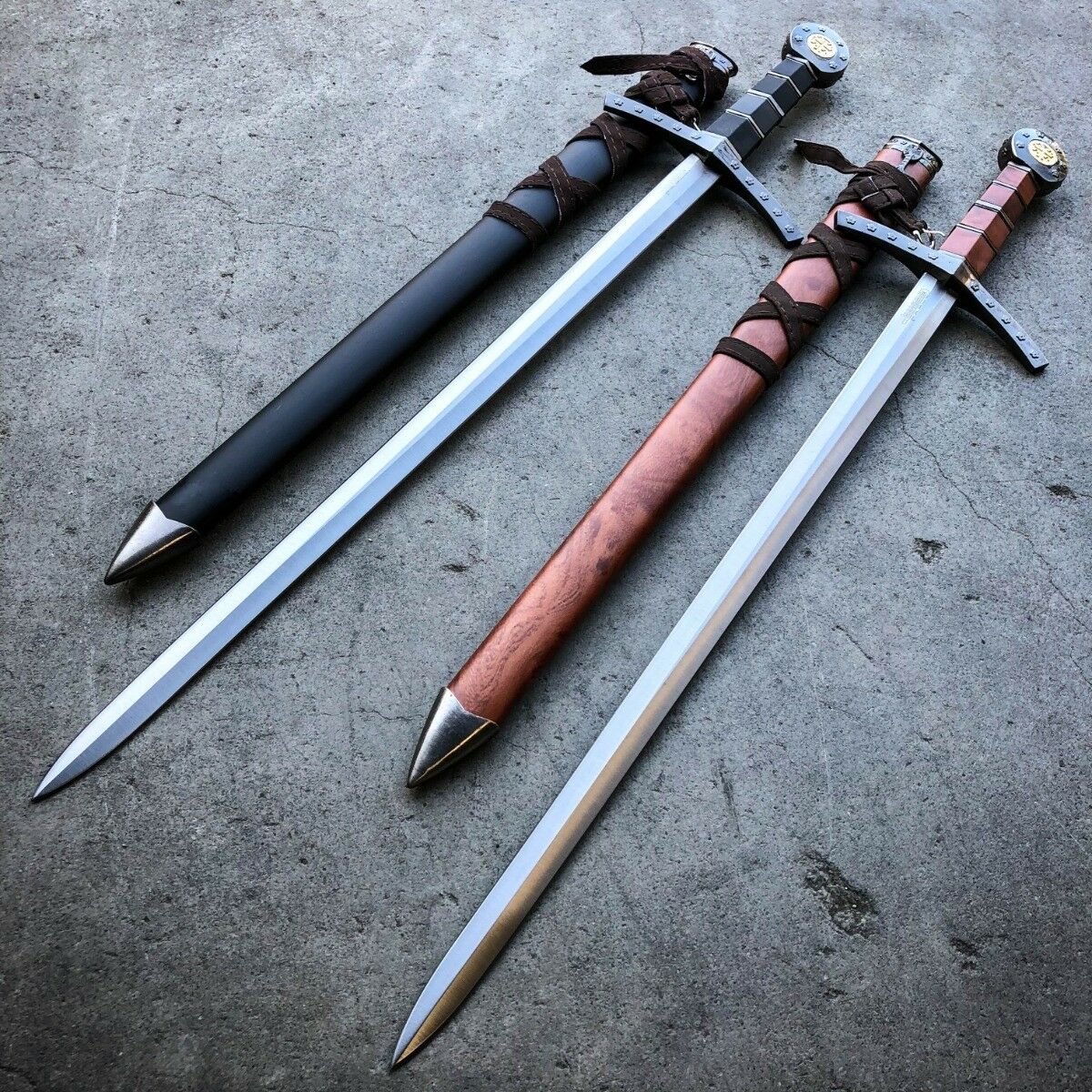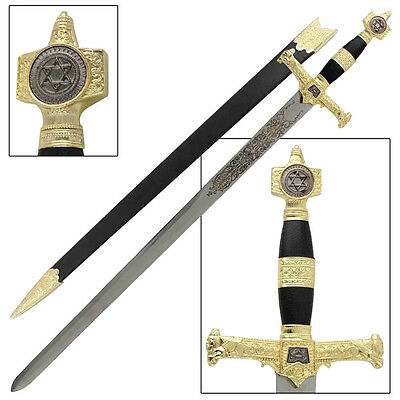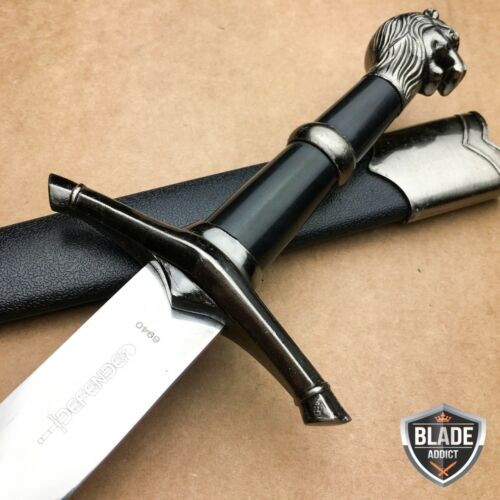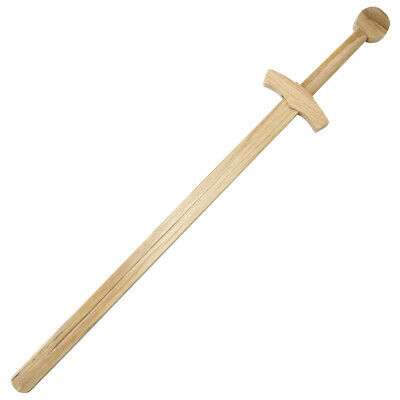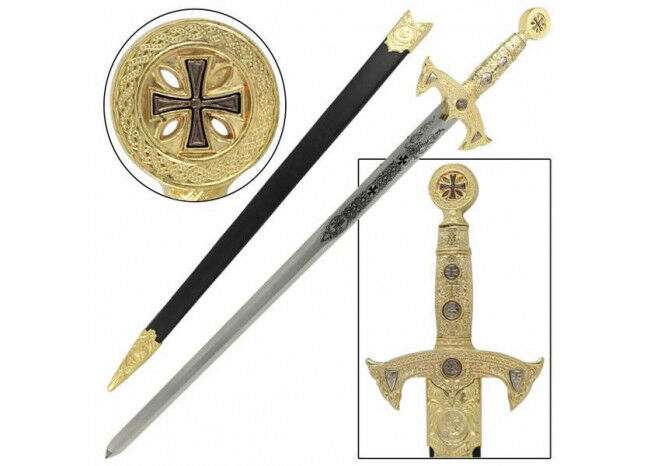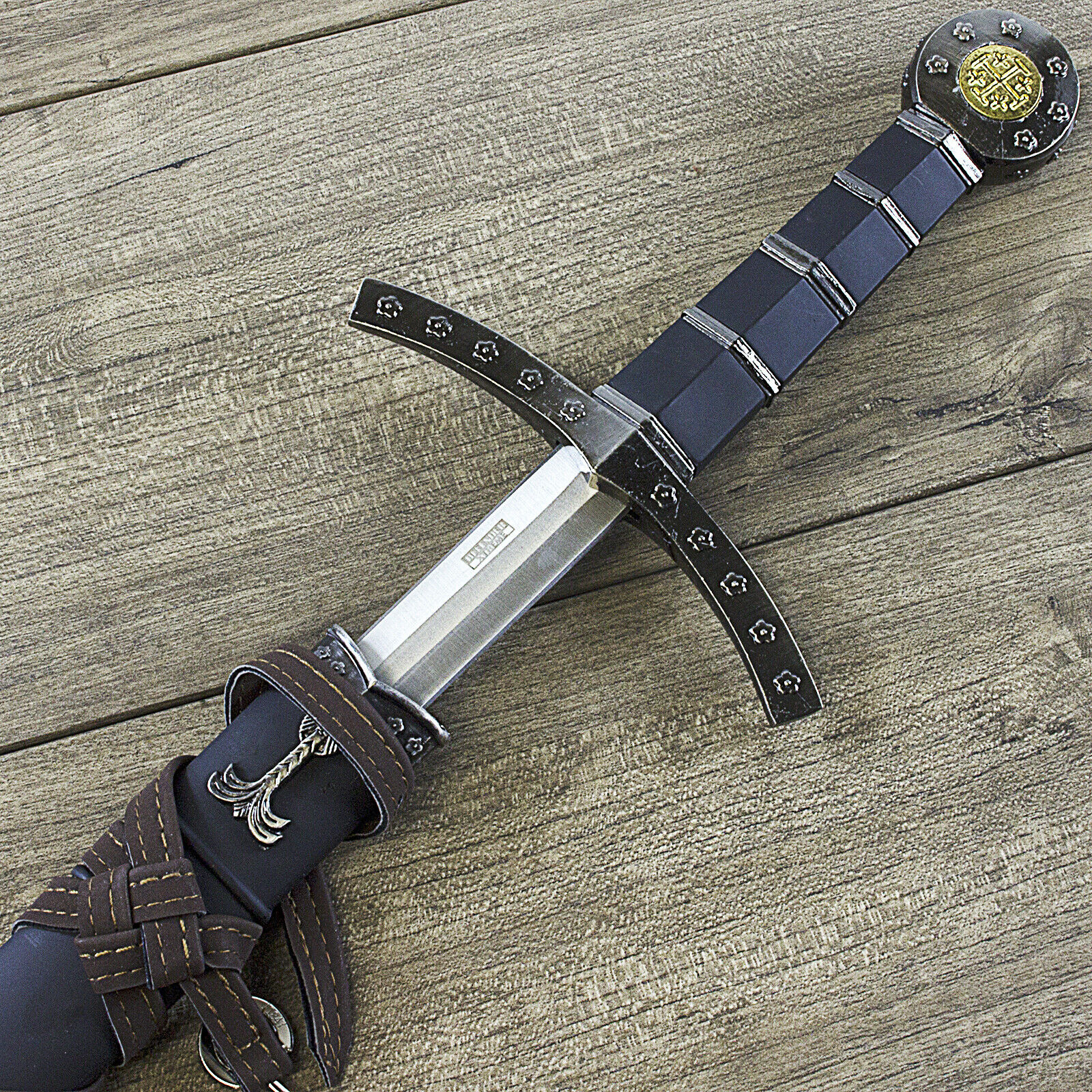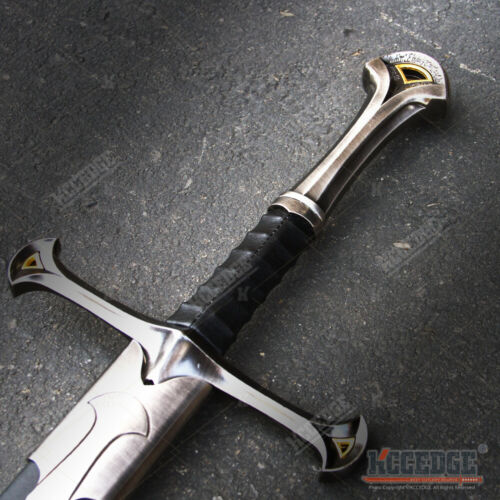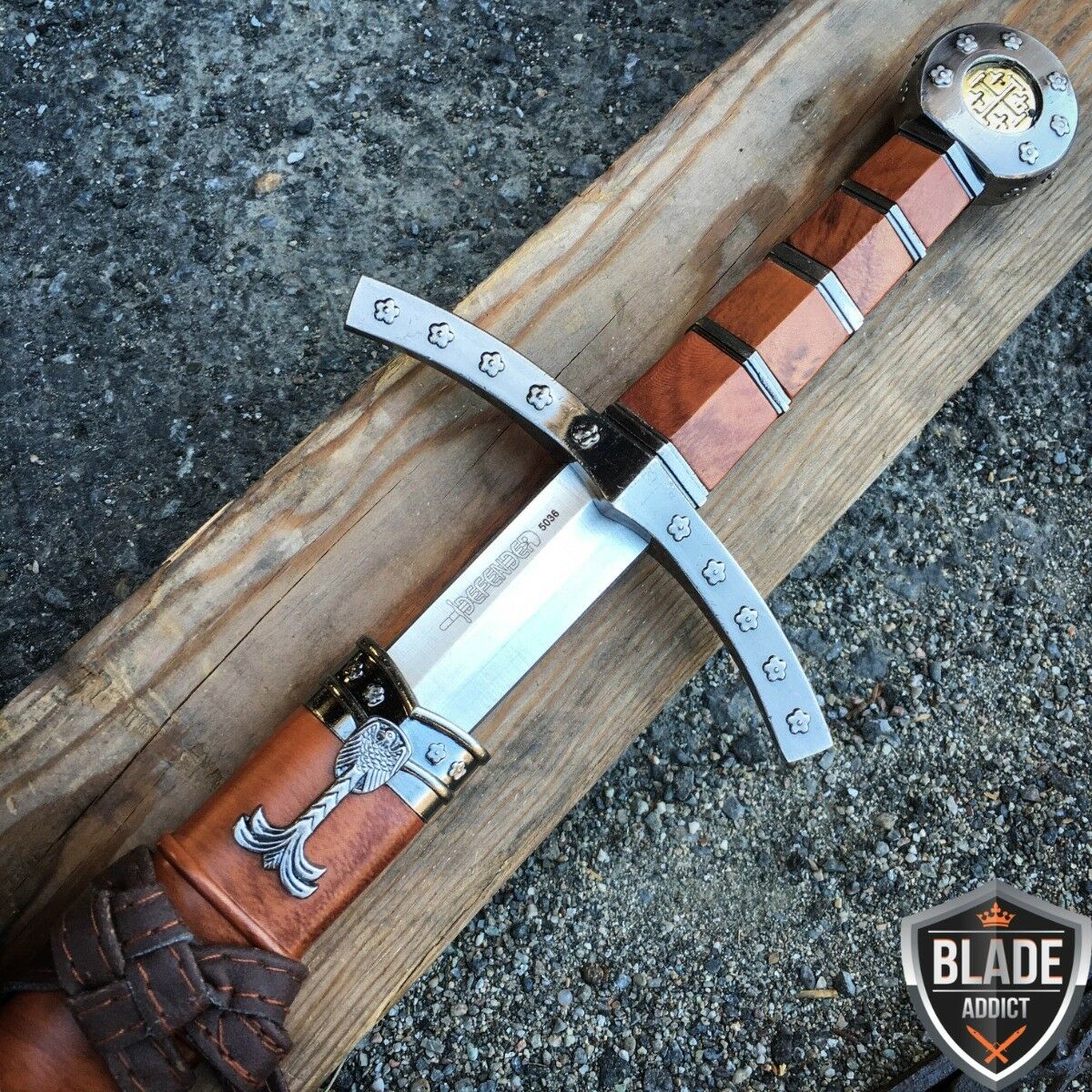-40%
Medieval German Langes Messers iron short sword blade with guard #1,16th century
$ 633.6
- Description
- Size Guide
Description
Medieval European iron short sword blade with a guard #1Length: 39.2 cm = 15.45 inches
Maximum width: 18 mm;
Weight: 230 g = 8.1 oz.
Strong attraction to the magnet;
Provenance: from a Central European (Germany) collection
Condition: natural rust all over;
Opinion of eBay member from United kingdom:
Thought you might be interested in this, your item here's misidentified - its an early 16th century
"Bauernwehr
" or "Tasak" (depending on where its found), a central European single-edged arm that's easily identified by the side projection called a "Nagel" or nail - the scallop-shell profile of your nagel is one of the most commonly found types.
Its an interesting one, it looks like a previous conservator has screwed up and filled most of the holes in the hilt (you can see one about 1/2 an inch below the nagel, and I think I see two others along the hilt) - but the one they left is off-center - that's very distinctive of 16th C ones.
(I cant see for sure, but I'd bet there's a 2nd hole around the same place, so they make a " ···: " pattern?) the would have pins for wooden scales there originally.
hope that's of use for you.
These and the larger single-edged
"Langes Messers"
are my field of academic research, so felt it would be nice to send some info on it.
Best of luck selling it!
An introduction to the Long Knife, “Langes Messer”
The Art of the Long Knife, German Langes Messer, is a martial art.
For the beginner the Long Knife is an excellent weapon to become familiar with the principles of all the one handed weapons.
The one who knows how to fight with the Long Knife will handle any one-handed weapon or a simple stick just as easy.
The Long Knife is a single-edged cutting and thrusting weapon.
It is characterized by a hook-shaped knob, a long riveted handle, a cross bar, attached by a nail driven through the blade, a hand guard and a long straight blade.
The knob can be worked as severe pommel or just an end cap.
Weapons of war were provided with more heavy pommels, while everyday and hunting weapons preferred a cap.
The handle is sufficiently long that two hands can fit.
The cross bar is almost straight and simple.
The protection of the hand differs in type.
We find everything from a simple nail that will only prevent the slipping of the opponent’s blade, to a richly decorated shell.
In swords the blade is usually riveted or bolted together with the pommel, so that the handle and crossbar is pressed between blade and pommel and is fixed that way.
In the Messer the handle is riveted on both sides with three or four rivets to the blade. Usually these rivets are hollow.
The cross bar guard is riveted by a nail which is driven through the blade.
This nail is used as the hand guard in the very simple versions like in the “Bauernwehr” types. In the more fancy weapons the nail ends in an elaborated hand guard.
The name of this hand guard is nail, German
“Nagel
”, coming from the original meaning of the bolt holding blade and crossbar together.
The Long Knife is related to the Falchion and the
“Bauernwehr
”, the peasant long-knife.
The difference with the Falchion is easily recognized by the handle and the nail.
The method of mounting the handle at the Falchion is similar to the sword, so the Falchion is a swords handle with a knife blade.



